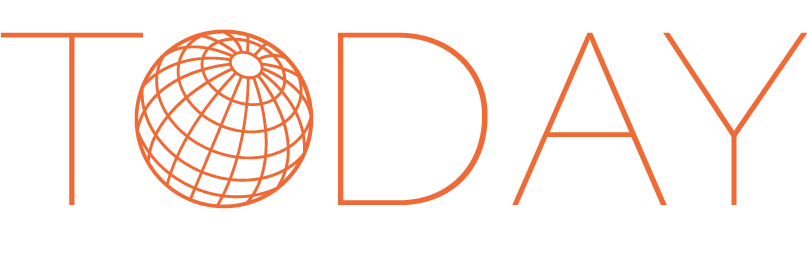5 essential resources for occupational hygienists
At the IOM our aim is to improve people’s health and safety at work, at home and in the environment.
In some cases our experts are brought in to investigate, assess and test the environment to ensure it meets your regulators standards.
In other cases, internal specialists carry out the work. For those people, here are 5 essential resources that will make life easier and also ensure your company is compliant with regulations.
1. A wealth of research which is free to access
Develop informed practices by understanding current trends and research which is guiding government. With a library of over 2,100 research articles you can get a deeper understanding of the issues affecting your workforce, the risks they are exposed to and the seriousness of them. Dive into our research library here.
2. Developing the skills you need with training
IOM can help you to complete your Occupational Hygiene competency framework. You can sit the BOHS W Module 5-day courses with IOM. We also provide bespoke occupational hygiene courses which can be designed to refresh knowledge, improve staff awareness of issues or embed new behaviours. Our courses will give you a better understanding of the occupational health and hygiene responsibilities in your workplace and how to manage them. Find out more here.
3. The Occupational Health handbook
Professor John Cherrie, one of IOMs Principal Scientists, has recently co-authored a new edition of the textbook Monitoring for Health Hazards at Work. The book provides step-by-step guidance on identifying hazards and quantifying their risks in various workplace environments. Complete with checklists and practical examples, the authors present clear explanations of all types of hazards that can arise in the workplace, including dust, particles, fibrous aerosols, gases, vapours, and bioaerosols. This is a ‘must have book’ for those embarking on DIY occupational hygiene.
4. Testing your samples
The IOM laboratories allow you to address the potential exposure risks associated with handling solvents, chemicals, dust and asbestos by testing your samples. Reliable laboratory analysis is a crucial component in managing health and safety in the workplace and the wider environment. Our UKAS accredited labs can help you understand if you are compliant with exposure limits by offering high quality independent analysis.
5. Dealing with hazardous substances
SKC has compiled an online database of monitoring methods for a wide range of workplace and environmental hazards. It is a full and comprehensive database which, for an in-house occupational hygienist, will allow you to better understand the hazards and substances that you are working with. It also covers the processes for dealing with the substance in a safe and controlled way.
We are here to support those working in occupational hygiene with resources, advice and technical expertise. Get in touch to get the support you need.

